-64%
Age-Related Changes in Working Memory: Unraveling the Myths and Truths
Introduction
The aging of the global population has propelled a surge in research exploring cognitive changes associated with advancing age, particularly the intricate processes of working memory. This compendium, co-edited by Robert H. Logie and Robin G. Morris, assembles a panel of renowned international experts to delve into key questions surrounding the effects of age on working memory.
Interindividual Differences in Working Memory Preservation
One of the intriguing observations in aging research relates to vast individual variability in the preservation of working memory abilities. Some individuals exhibit remarkable resilience, retaining cognitive prowess well into their later years, while others experience substantial decline. The authors delve into the factors underlying these interindividual differences, interrogating genetic predispositions, cognitive training interventions, and lifestyle choices.
Selective Decline and Preservation of Working Memory Aspects
Contrary to popular assumptions, aging does not uniformly affect all aspects of working memory. The book explores the differential trajectories of various working memory components, identifying those that remain relatively stable and those that undergo gradual deterioration. Understanding these selective patterns can inform targeted interventions and support strategies that mitigate cognitive decline.
Cognitive Training and Age-Related Decline
The potential of cognitive training to mitigate or even reverse age-related cognitive decline has long been debated. This volume presents a comprehensive analysis of research findings on the efficacy of such interventions. It evaluates different training approaches, their impact on working memory function, and the long-term sustainability of training effects.
Neurobiological Underpinnings of Working Memory Changes
The authors illuminate the complex interplay between brain structures, connectivity, and activation patterns with age-related changes in working memory. Advanced imaging techniques have enabled researchers to pinpoint specific neural regions and pathways that contribute to working memory function and its modifications across the lifespan. Understanding these neurobiological mechanisms can lead to novel therapeutic strategies for cognitive impairments.
Challenging Misconceptions about Cognitive Aging
This book dispels common misconceptions about cognitive aging, particularly regarding the inevitability of decline and the notion that older adults cannot improve their cognitive abilities. It emphasizes the role of individual resilience, malleability of cognitive functions, and the potential for lifelong learning and cognitive enrichment.
Implications for Geriatric Care and Research
Impairments in working memory, including attention, concentration, and short-term recall, can significantly hinder independent living and well-being in older adults. The book highlights the clinical implications of working memory changes, providing invaluable insights for healthcare professionals and researchers working with aging populations.
Conclusion
“Working Memory and Aging” presents a comprehensive overview of current research on age-related changes in working memory function, offering a nuanced understanding of the intricate processes involved and dispelling common myths. It serves as an essential resource for advanced undergraduates, postgraduates, and researchers in psychology and related fields, guiding future research and informing clinical practice aimed at supporting cognitive health and well-being in later life.
maybe you like these too:
- Aging: Facts and Theories (Interdisciplinary Topics in Gerontology, Vol. 39)
- The Aging Networks: A Guide to Policy, Programs, and Services, 9th Edition (Original PDF from Publisher)
- Gerontological Nursing (3rd Edition)(Original PDF from Publisher)
- Biology of Sleep, An Issue of Sleep Medicine Clinics (The Clinics: Internal Medicine) (Original PDF from Publisher)


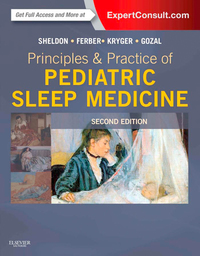
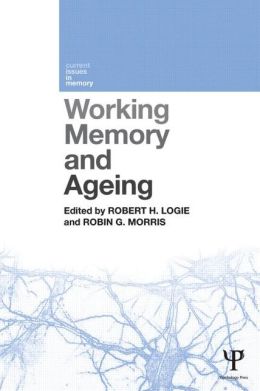
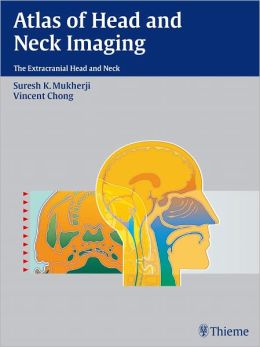
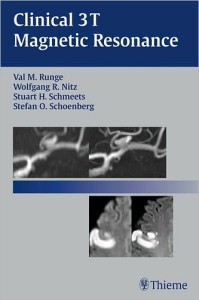
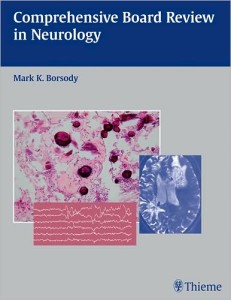
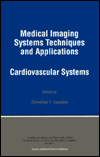
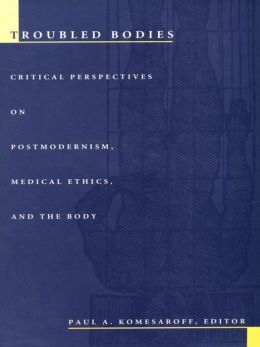
Reviews
Clear filtersThere are no reviews yet.